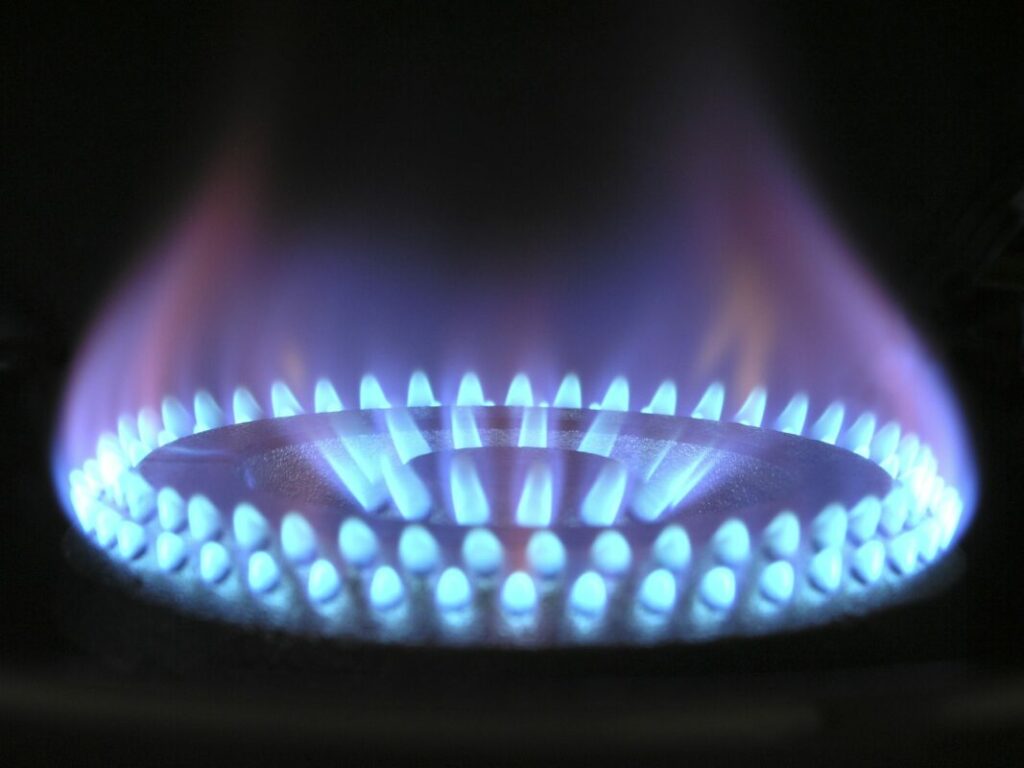National Energy Action (NEA) has revealed that 6.5 million UK households will be in fuel poverty when the price cap changes in January 2024.
Earlier this month, Ofgem confirmed that the 1 January to 31 March Default Tariff Price Cap will rise by 5% (£94) compared to the current cap, increasing to £1,928.
At present there are 6.3 million households in fuel poverty. With this figure rising to 6.5 million in the new year, the NEA confirmed 2 million more households will be in fuel poverty in January 2024 than when the crisis began in October 2021.
Although households will be paying less than this time last year, which even with the Energy Price Guarantee capping bills at £2,500 was £572 higher, energy prices remain sky-high with little sign of a return to pre-energy crisis levels.
A poll conducted by the fuel poverty awareness charity in partnership with YouGov found that struggling households were adopting extreme coping tactics to help manage their bills, such as ‘self-disconnecting’ from their energy supply; a tactic which, according to the survey, was adopted by 2 million in the UK.
Additionally, the poll found that in the last three months: 43% of adults went to bed early to stay warm; 15% used appliances such as ovens to stay warm rather than turning on central heating; and 22% left curtains closed all day or put newspapers on windows to retain heat.
Those not using such tactics are forced to accumulate significant debt in order to keep their houses warm.
The NEA criticised the government for not offering any direct support for households in the “vicious cycle” of struggling to pay their electricity bills in this year’s Autumn Statement. An omission duly noted by members of the energy industry, including the Energy and Climate Intelligence Unit (ECIU).
“Let’s make no mistake. These are not ‘coping tactics’. No one should have to shower with cold water or disconnect from energy entirely. For two years we’ve been warning that people’s lives are in danger from sky-high energy prices and the situation is only getting worse from January,” said Adam Scorer, NEA’s chief executive.
“Many households need to use more energy to run medical equipment at home but are being forced to ration its use or stop using it altogether. Others are turning off fridges, despite them containing vital medicine. Or they are running up unmanageable debt so that they can keep the heating on, causing a devastating impact on mental health.
“People are trapped in a vicious cycle of hospital admission, discharge and readmission. For thousands it means premature death. The failure to provide additional support in last week’s Autumn Statement means the poorest households are living in cold and unsafe homes this winter, with grave consequences for people’s health and well-being.”
To help the poorest households with their energy bills, the NEA called for:
- Vulnerable households to urgently get more support to pay unaffordable energy bills.
- Help with the high levels of energy debt through a government ‘help to repay’ scheme.
- Improve energy efficiency.





